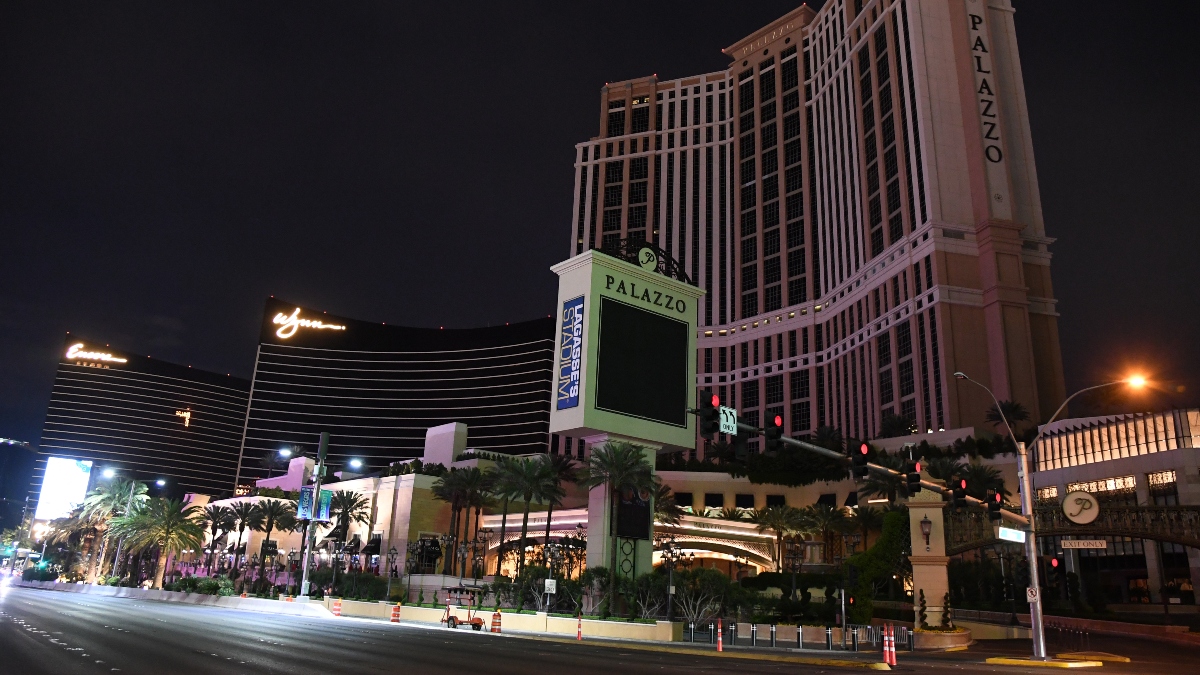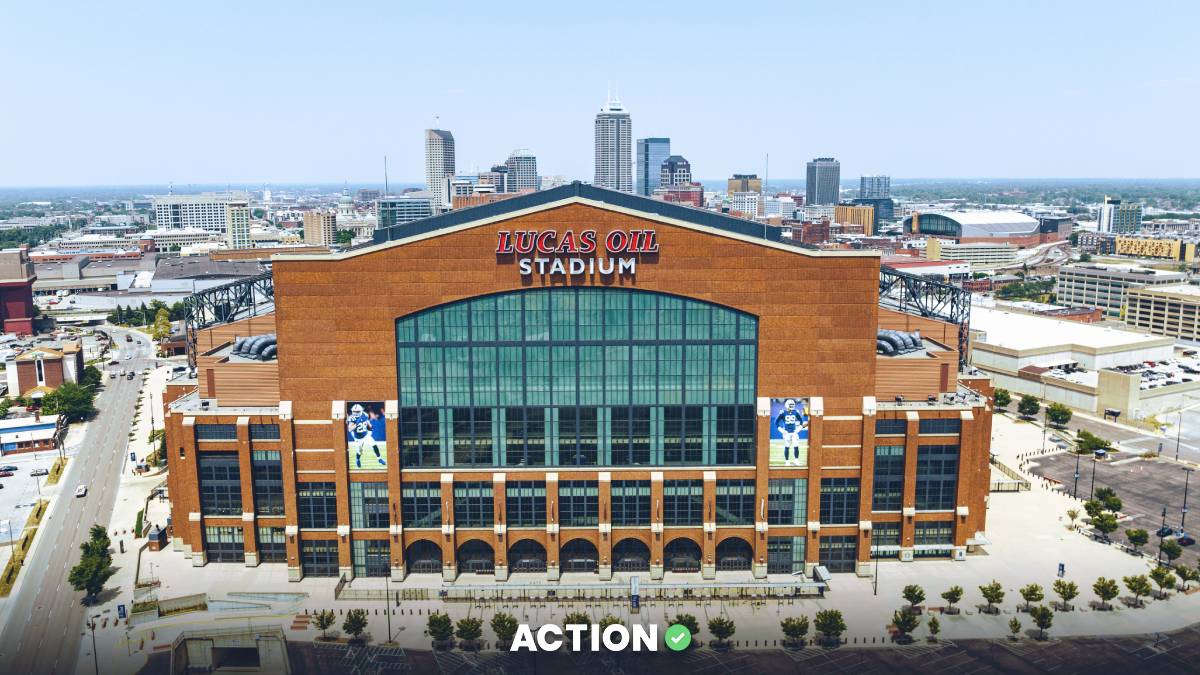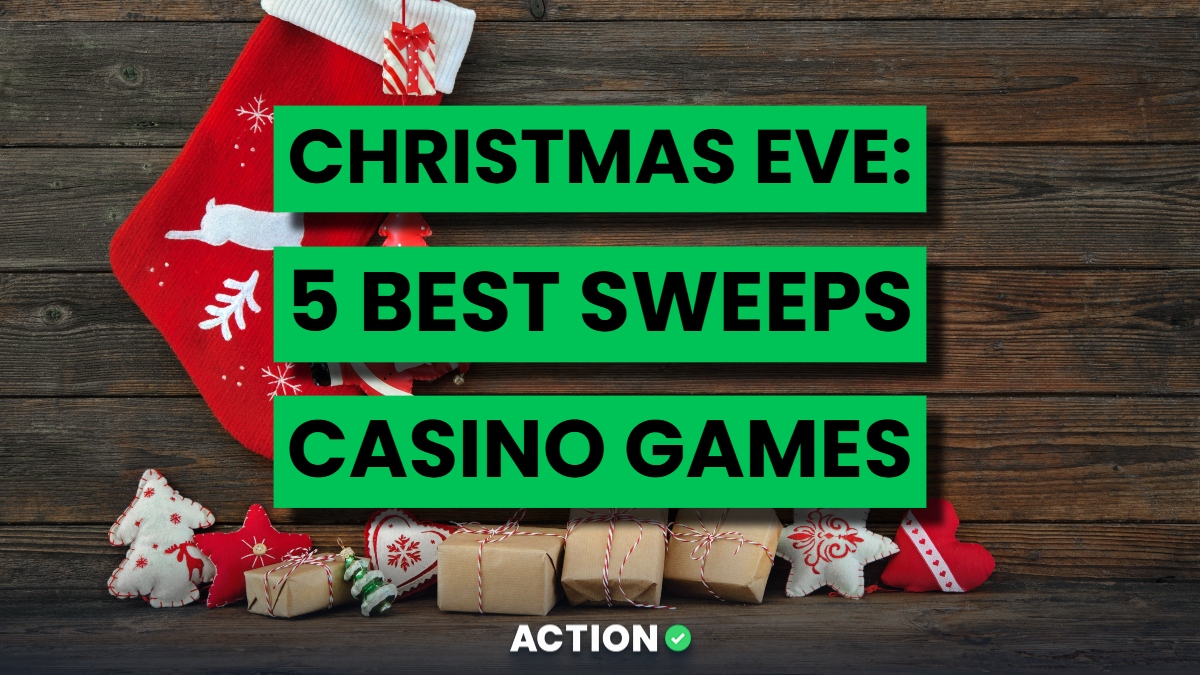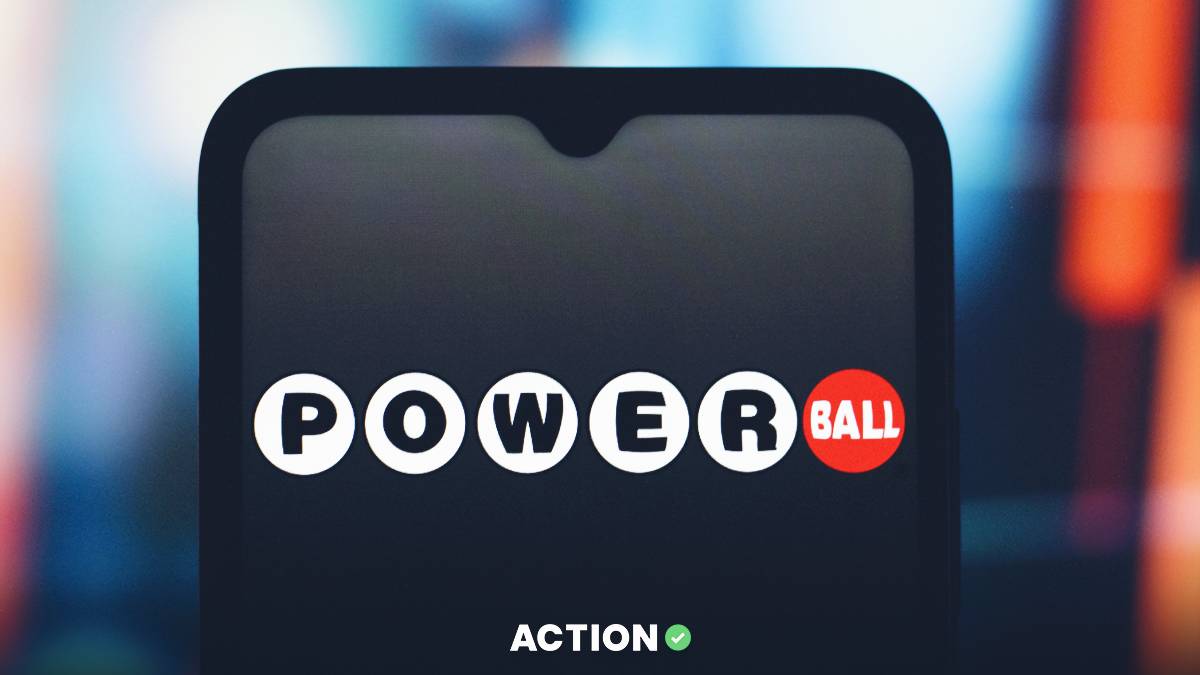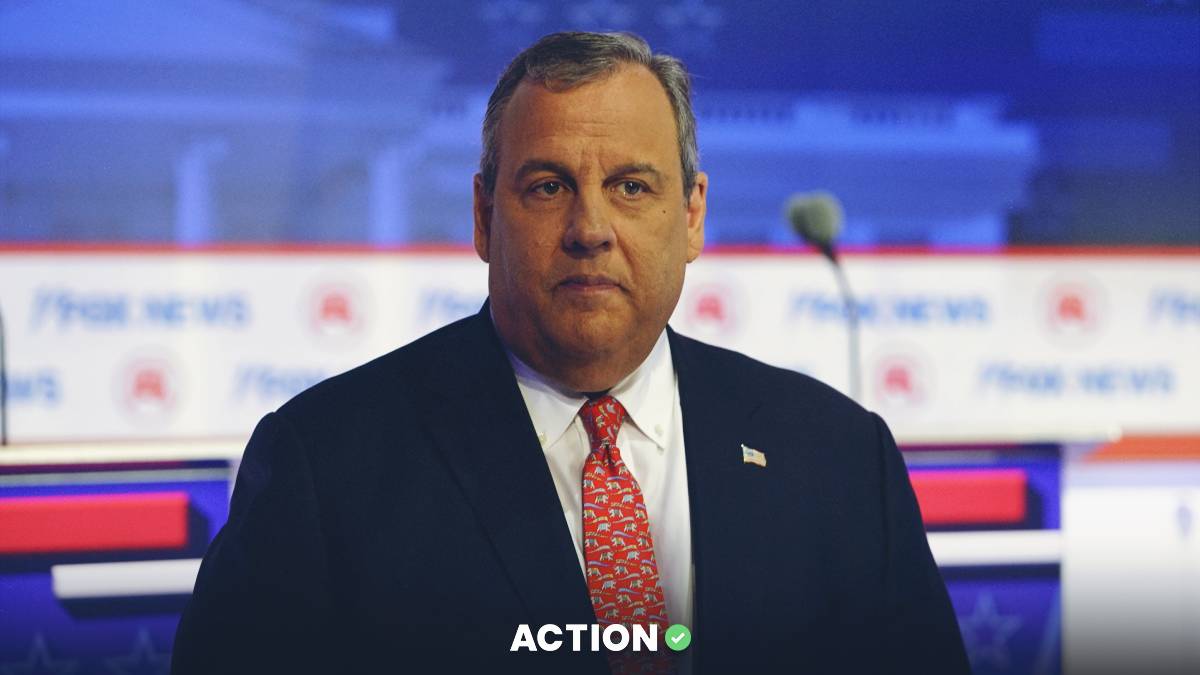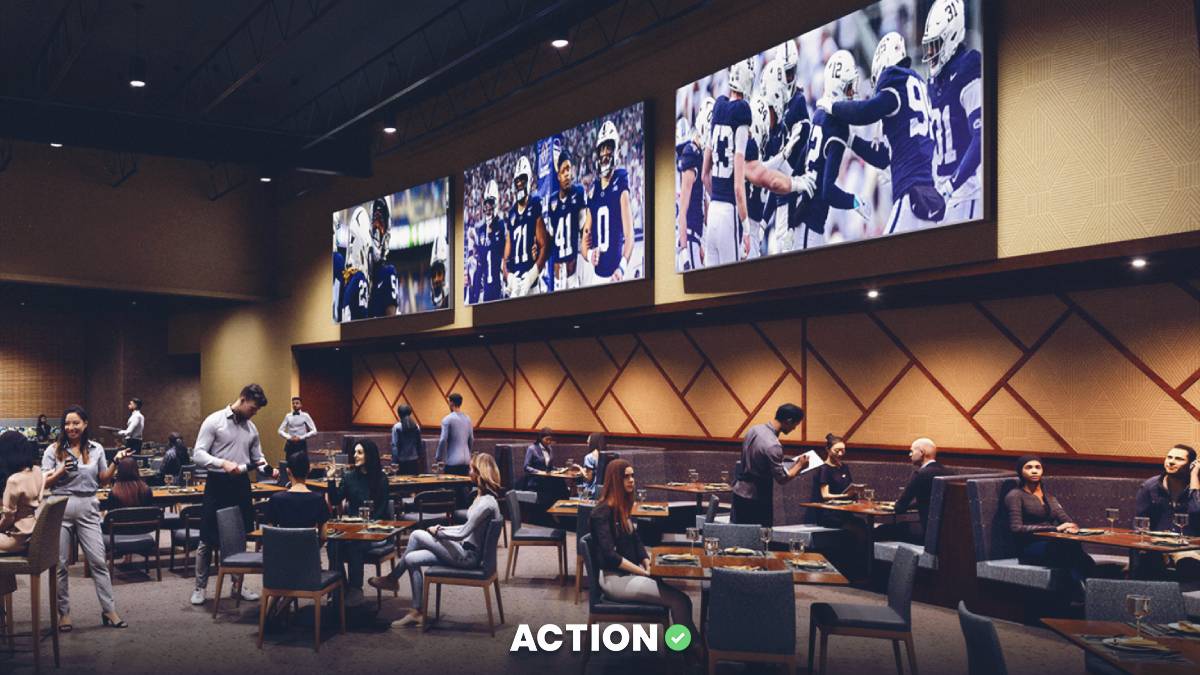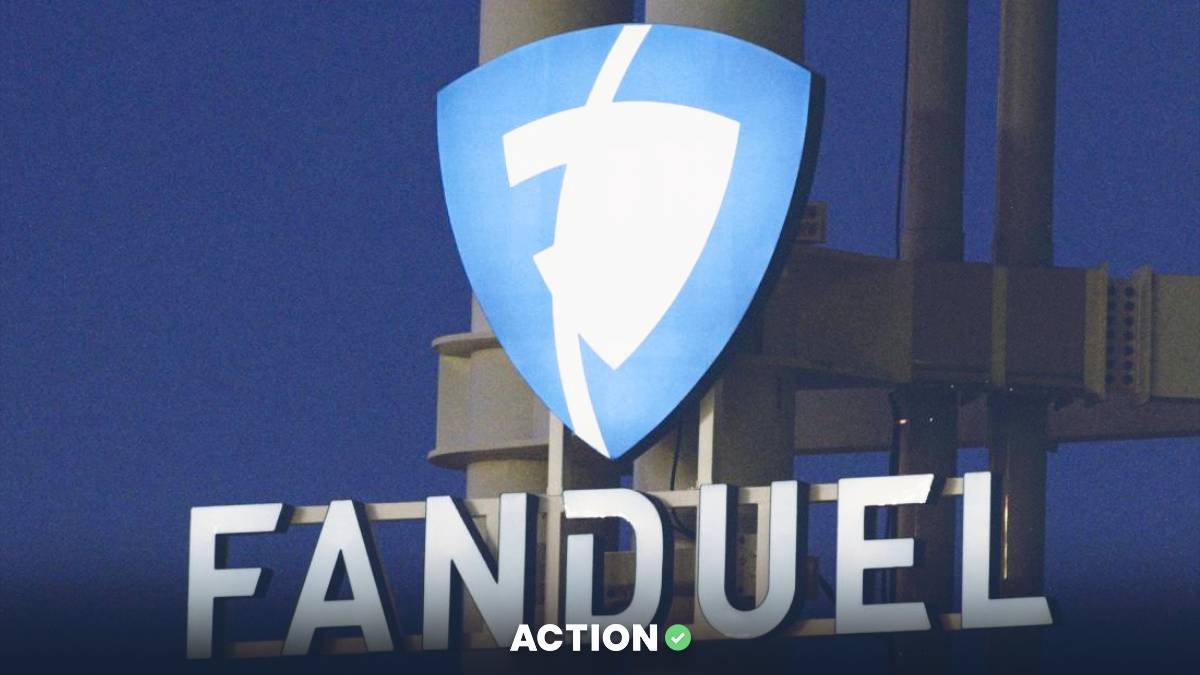Nevada governor Steve Sisolak on Wednesday shut down the state’s non-essential businesses through April 30, meaning the robust sports gambling business will be shut down in the state for two weeks longer.
Sisolak originally shut down non-essential businesses, including all casinos, on March 18, with a 30-day minimum closure period until April 16.
March is typically Vegas’ most valuable month, thanks to the NCAA Tournament. The $596.8 million handle from Nevada sportsbooks in March 2018 was the second-highest handle in the Silver State's history.
The initial reaction to shutdown was devastatingly quick for some Vegas stalwarts. MGM laid off more than 87% of its US staff within days of shutting down all its properties across the country, according to Bill Hornbuckle, who did his first interview as permanent CEO on CNBC on Wednesday.
William Hill, which has more than 100 retail books in the state, also furloughed people quickly.
Employees at the Wynn and Encore are getting paid for now, as are employees at The Venetian and the Palazzo, which is owned by Las Vegas Sands.
Smaller shops like the SuperBook at the Westgate have kept their oddsmaking team intact, said Jay Kornegay, working every day to come up with angles for the major sports.
“I know some people are betting on it, but Belarusian soccer isn’t moving the needle,” Kornegay explained.
Kornegay said that the team is also working on a handbook to reopening the sportsbook. Such considerations include taking out every other chair to provide proper social distancing or perhaps changing the capacity of the sportsbook to account a fewer amount of people standing around.
Kornegay says he expects the mobile handle, which was last 70%, to grow significantly once sports come back.
One sportsbook employee who got furloughed, and spoke under the condition of anonymity, told The Action Network that he expects sports gambling will pop back, but how much it comes back will be directly dependent on how long the sports shutdown lasts. The longer the wait, the longer it indicates American business at large is suffering. That would mean Americans would have less disposable income for gambling.


